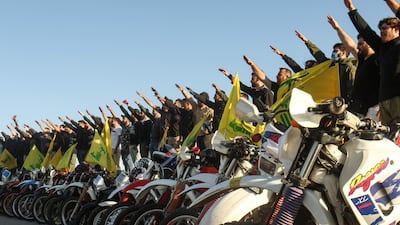Some would say that, given the crisis Lebanon is facing today, Hezbollah’s project for the country is dead. Such statements, however, go too far.
With thousands of men under arms, a missile arsenal, Iranian backing and much of the Shiite religious community behind the party, Hezbollah remains a potent force in Lebanese society. Yet it is also true that today its ability to act as Iran’s deterrent has been severely compromised by Lebanon’s domestic situation, and this may not end any time soon.
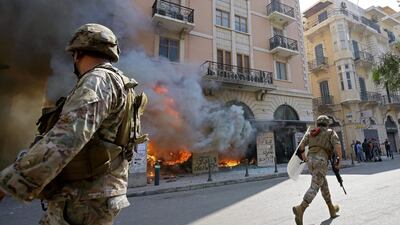
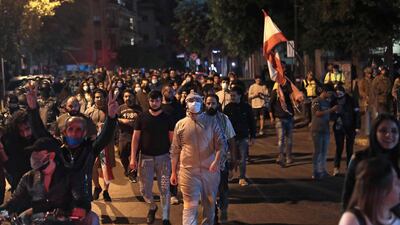
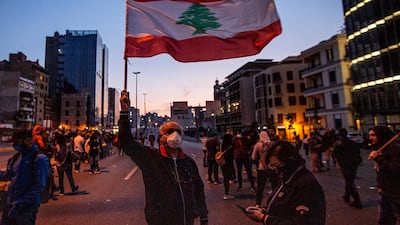

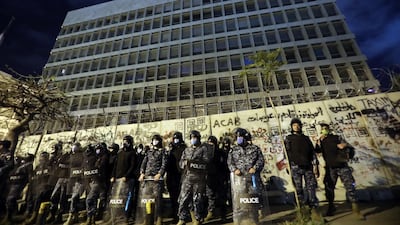

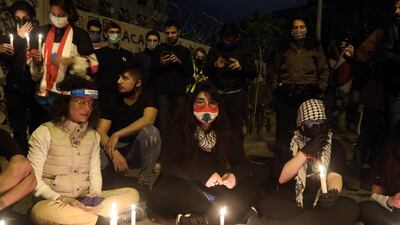
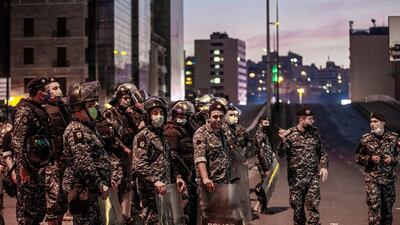

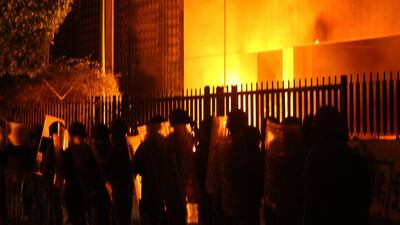


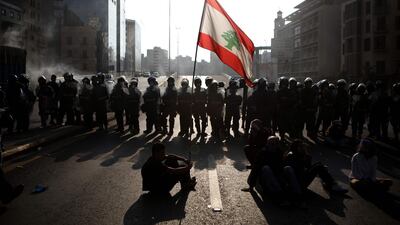
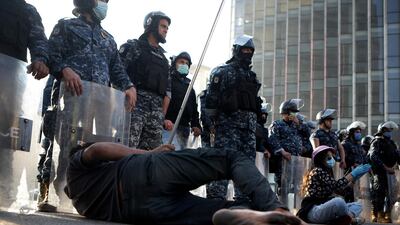
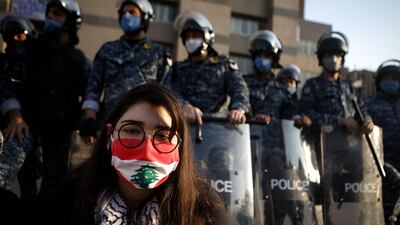
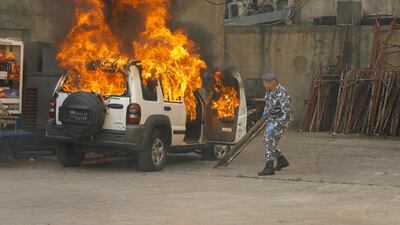
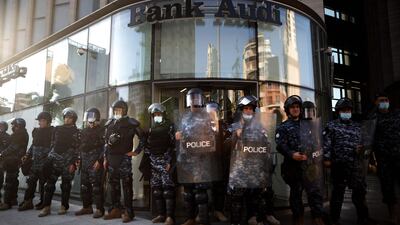
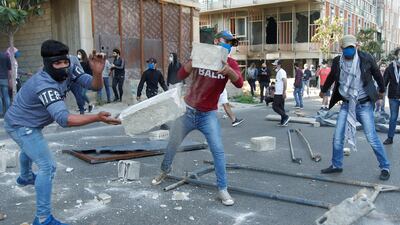
What is Hezbollah’s plan? Principally, it is to turn the country into a so-called “resistance state” that acts as an outpost for Iranian influence, and another counterweight to Israel and the United States. The common assumption is that the militant party has succeeded in that effort.
But has it?
Hezbollah has power over the Lebanese state, but its sway has also helped to bankrupt and undermine Lebanon, negatively affecting the party’s capacities.
There are several reasons for this. In protecting a corrupt political class and allowing it to pursue its looting of the state, Hezbollah was partly responsible for the collapse last October of Lebanon’s financial order. At the time, the party’s secretary general, Hassan Nasrallah, had understood the risks of popular protests against the ruling class and tried to neutralise public anger. He failed.
For weeks Hezbollah sought to retain some control over a system that had lost all legitimacy, and in January it thought it had succeeded when a government formed by the party and its allies came to power.
But something was definitely broken. Lebanon was insolvent, hundreds of thousands of people were out of work and all of the political parties were forced to recalculate.
This lost Hezbollah two of the essential prerequisites needed to conduct a war against Israel, were Iran to demand it. The first is Lebanon’s ability to absorb Israeli retaliation and rebuild, as happened in 2006. The second is a minimum level of consensus nationally behind Hezbollah’s “resistance” agenda.

Lebanon’s bankruptcy means that if there were a war against Israel, the country would be unable to bounce back from the destruction the Israelis would cause. Worse, because of Hezbollah, Lebanon has isolated itself from most of the Arab countries that might once have been willing to finance its reconstruction, so this time the damage would be enduring.
Nor could Beirut call upon Iran, Hezbollah’s economically strangled sponsor, to help, as it simply lacks the means to do so.
The rifts in the political class as a result of the popular protest movement mean that there is no discernible consensus to back Hezbollah in going to war.
Today, the party’s harshest critics come from its erstwhile allies in the Aounist movement, a predominantly Christian faction led by former foreign minister Gebran Bassil. Their criticisms may be linked to domestic disagreements, but when Ziad Aswad, a prominent Aounist, declares that Lebanon “cannot continue to hold a rifle when its people are hungry,” he expresses a widespread view.
Without domestic backing, Hezbollah’s ability to wage war would be greatly hampered. The party would be blamed for sacrificing Lebanon for Iran. Hundreds of thousands of displaced Shiites would have to find refuge in areas hostile to the party, further stoking divisions and potentially leading to strife. This is a nightmare scenario for Hezbollah, as it could plunge the party into a civil conflict that it could not hope to win, nullifying its usefulness to Iran.
Yet that usefulness is questionable even today. Hezbollah has hubristically assumed that Lebanon is solidly in the Iranian camp. Its command of the state may be assured to an extent to an extent, but its command over society is not. And even then, key outposts of the state, such as the army, merely play along with Hezbollah but remain autonomous and would manoeuvre away from the party if the power balance shifted.
Another factor fundamental in determining Hezbollah’s latitude to engage in war with Israel is the situation in Syria. Until the start of Syria’s civil war in 2011, Damascus provided Hezbollah with potential strategic depth in any war. Weapons and men could be moved through Syrian territory to reinforce the party in Lebanon. But today, much of Syria’s airspace is controlled by Russia and Israel, both of whom would oppose, by action or omission, Syria’s transformation into an Iranian forward base.
Iran’s regional strategy involves feeding off the weaknesses of institutions in many Arab countries to advance its own interests. Lebanon, Iraq, Yemen and Syria have all paid a price. In each, Tehran built up autonomous armed groups that counterbalanced state structures, eroding the state. Indeed, Iran gains influence by destroying its host.
Today, Hezbollah’s ability to carry the Lebanese state and society in the direction of its own regional preferences, strong-arm Lebanon’s sects into approving its actions and secure legitimacy from the country’s leaders has been crippled. The party remains powerful, but the foundations on which it built its order in Lebanon have collapsed. Perhaps that’s the problem in Iran’s approach: it leaves countries so debilitated that its proxies end up controlling volatile and vulnerable sandcastles.
As Iran looks at Lebanon, what does it see? It sees its local ally presiding over a state in ruin whose population is angry and refuses to suffer for Tehran. Nor can Hezbollah go to war against Israel without potentially destroying its own domestic standing. All of that won’t make the Iranians alter their strategy, but it does raise real questions about the value of that strategy today.
Michael Young is editor of Diwan, the blog of the Carnegie Middle East programme, in Beirut
